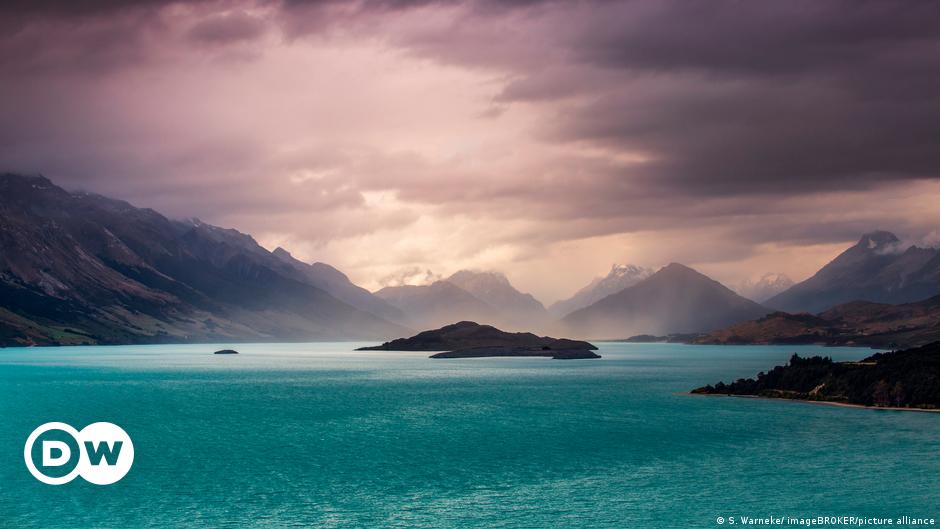
New Zealand is the best place to escape the collapse of civilization according to a study | Science and Ecology | Dr..
A new study has revealed that New Zealand, Iceland, the United Kingdom, Tasmania and Ireland are the places most likely to survive the collapse of global civilization.
British researchers have studied countries that could withstand a catastrophe caused by climate change, the destruction of nature, a pandemic worse than COVID-19, the collapse of global financial structures and international agreements, or a combination of it all.
By examining trends in natural disasters, limited resources, and population growth, researchers found New Zealand to be the most resilient, overtaking Iceland, the United Kingdom, Ireland and Australia, which followed closely behind.
The study, conducted by Anglia Ruskin University’s Institute for Global Sustainability, and Published in the magazine sustainability, Five out of twenty countries were identified as best for maintaining civilization within their borders.
Islands have the highest chance of survival
To assess which countries would be most resistant to such a collapse, countries were ranked based on their ability to grow food for their people, protect their borders from mass unwanted immigration, maintain an electrical grid and some manufacturing capabilities.
Islands located in temperate regions, mostly sparsely populated, came first; According to the study, these have the highest potential for relatively stable conditions to persist despite the effects of climate change.
Of all the islands, the authors believe that New Zealand is best prepared for such a meltdown, whether it occurs during a “long landing” over years or decades, or very quickly, in space for less than a year.

New Zealand topped the list for its geothermal and hydroelectric capacity, and its abundance of farmland and small population would allow it to survive relatively well.
The academics say either could be caused by potential supply-chain breakdowns, with climate change seen as a “risk multiplier”. The effects can spread rapidly due to the increasing interdependence and interdependence of the globalized economy.
“Big changes are possible in the coming years and decades,” says Professor Aled Jones, Director of the Anglia Ruskin Institute for Global Sustainability.It is a statement. “The impact of climate change, including increased frequency and intensity of droughts and floods, temperature extremes, and increased population displacement, can dictate the severity of these changes.”
Energy self-sufficiency, abundant land and low population
New Zealand topped the list for its geothermal and hydroelectric capacity, and its abundance of farmland and small population would allow it to survive relatively well.
The researchers added that the UK, which generally has fertile soil and diversified agricultural production, does not have much farmland due to its dense population, raising questions about future self-sufficiency.
“In addition to showing which countries we believe are best equipped to manage such a collapse – which will undoubtedly be a profound and life-changing experience – our study aims to highlight actions to address the interrelated drivers of climate change, agricultural capacity, domestic energy, manufacturing capacity, and an over-reliance on complexity. necessary to improve the resilience of countries that do not have the most favorable starting conditions,” says Jones.
Few (Sustainability, Anglia Ruskin University, Watchman)

“Reader. Travel maven. Student. Passionate tv junkie. Internet ninja. Twitter advocate. Web nerd. Bacon buff.”
